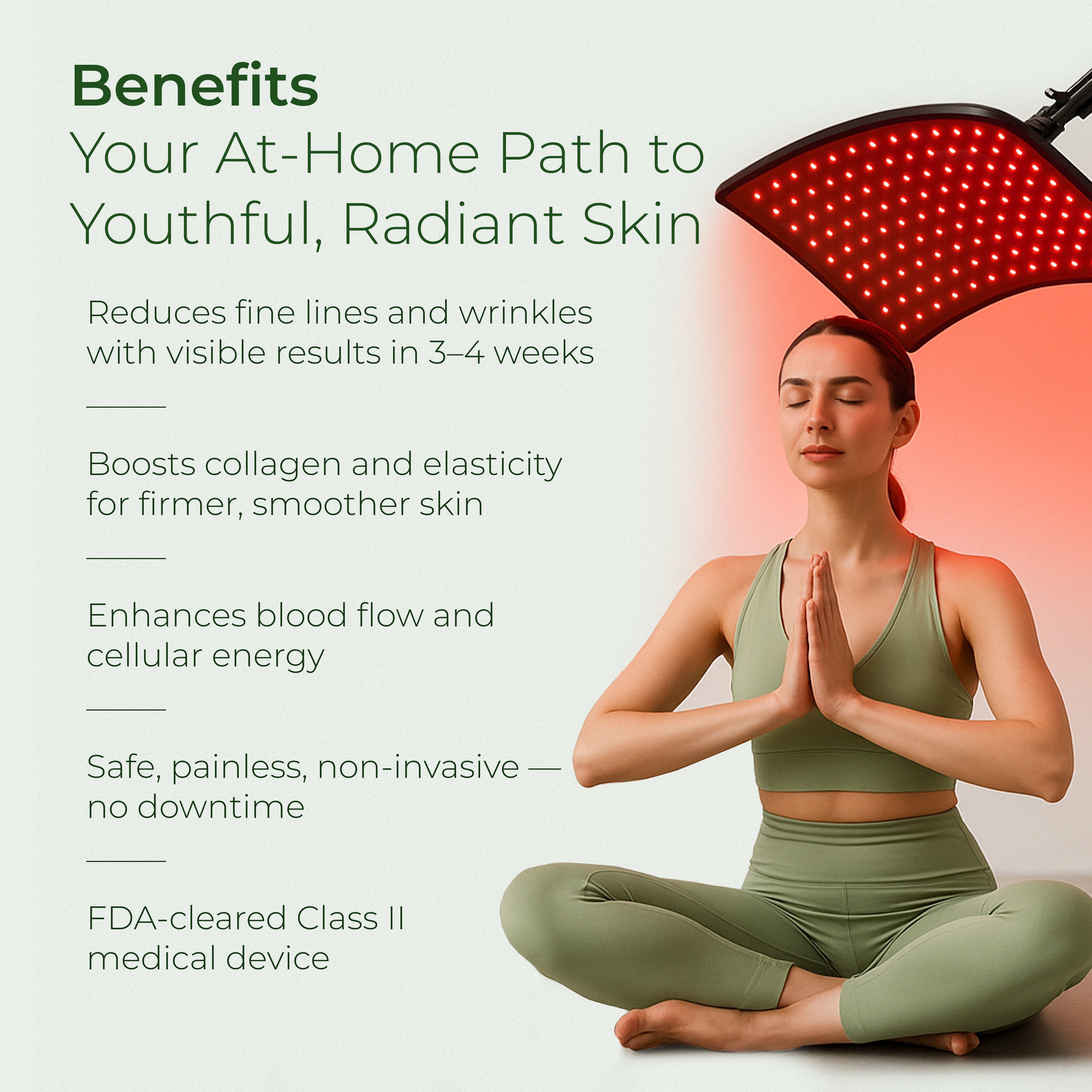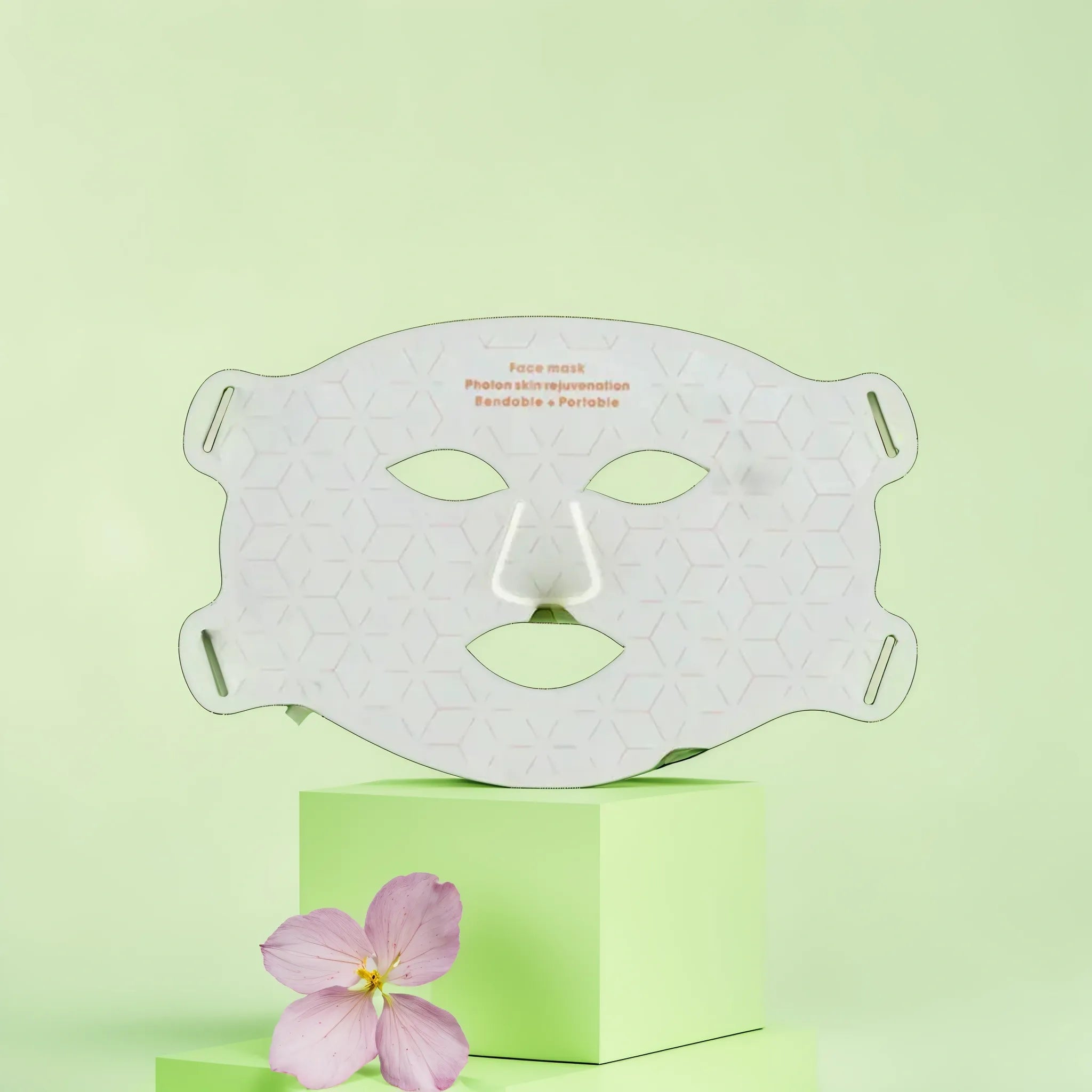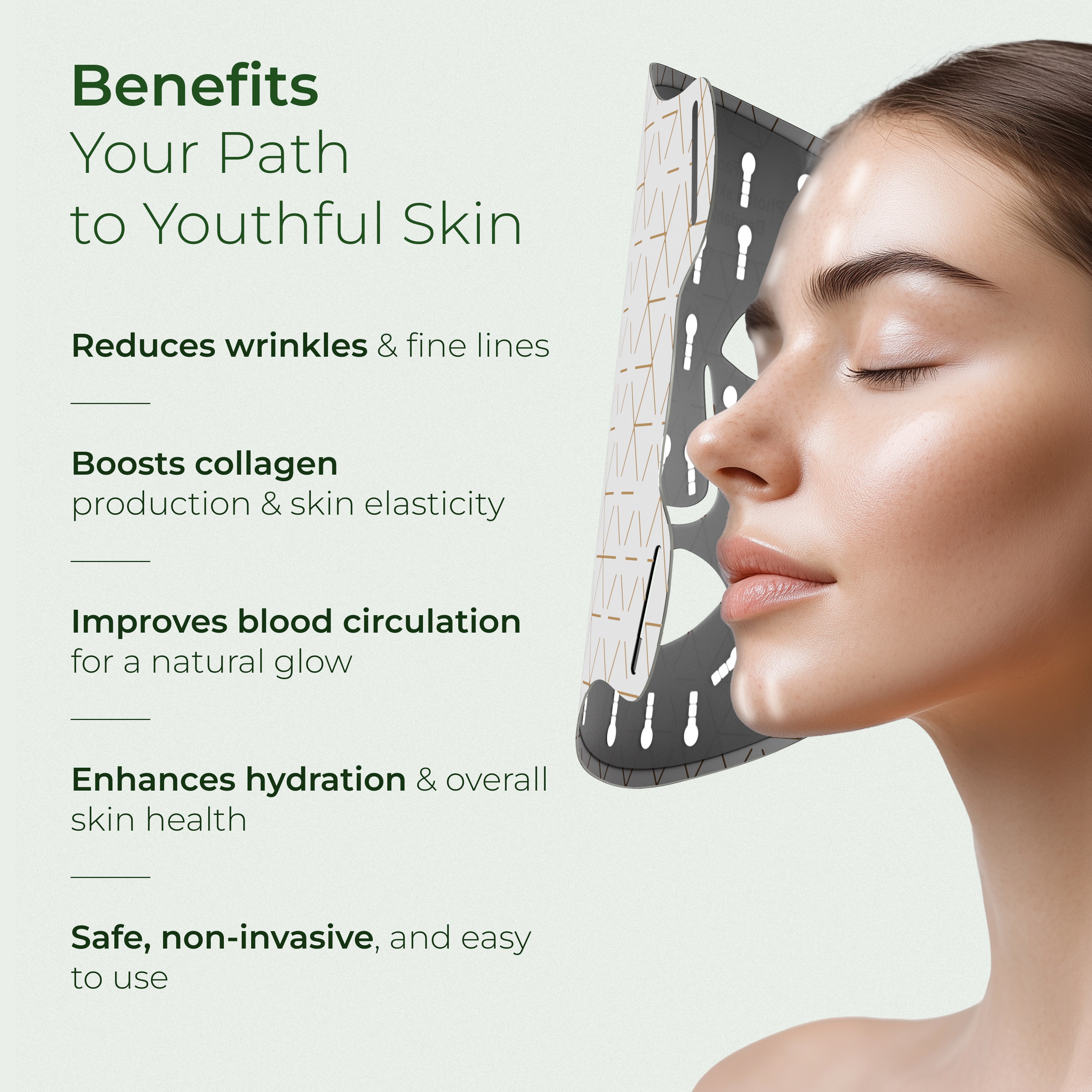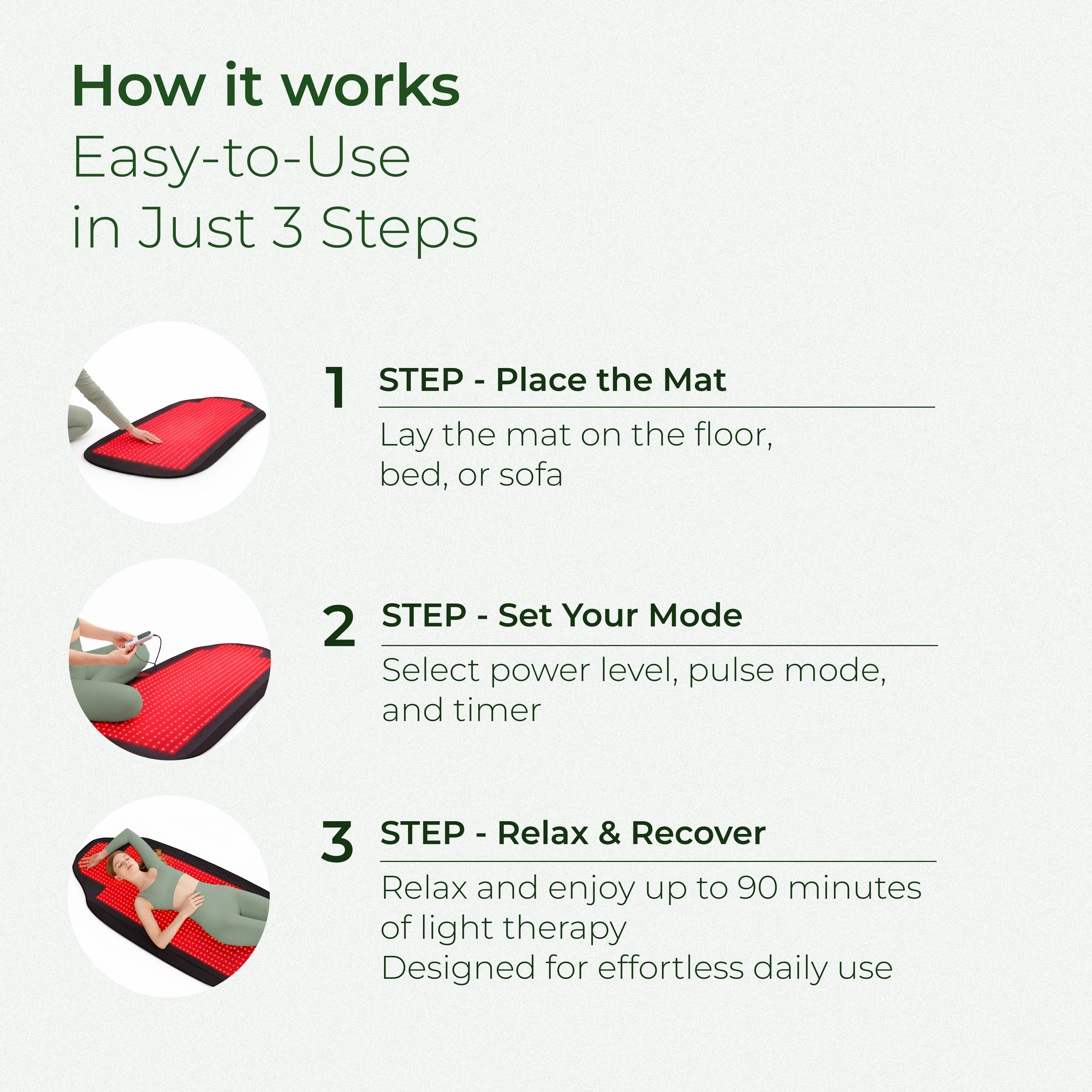When the colder months roll in, it's easy to forget about sun protection. However, sun damage is not just a summer issue. Even in winter, the UV rays can cause significant damage, leading to skin cancer and premature aging. Here are key tips to ensure you're protecting your skin throughout the winter months.
The Importance of Sunscreen in Winter
Many assume that sunscreen is only necessary during the summer months, but the truth is, the winter sun can be just as harmful. UVA rays, responsible for aging, and UVB rays, which cause sunburn, can penetrate through clouds and reflect off snow, amplifying their effect. To protect your skin, it's crucial to apply a sunscreen with an SPF of 30 or higher. This will reduce your risk of UV damage, especially during peak sun hours.
Don't Forget Exposed Skin
Even when it's cold, any exposed skin can suffer from the harmful effects of the sun's UV rays. Winter activities like skiing or snowboarding often leave areas like the face, hands, and neck vulnerable. Applying lip balm with SPF, along with regular sunscreen, is essential to shield all parts of your body from sun damage.

Cloudy Days Don't Mean UV-Free
One of the biggest misconceptions is that clouds block UV radiation. However, up to 80% of UV rays can still penetrate through the clouds, meaning UV exposure remains constant year-round. Even on cloudy days, it's essential to apply sunscreen to protect your skin from harmful UV rays.
Winter Sports and Increased UV Risk
For those who enjoy winter sports, the risk of sun damage increases. Snow reflects up to 80% of UV rays, doubling your exposure. Whether you’re skiing, snowboarding, or hiking at higher altitudes, where the air is thinner and UV radiation is stronger, wearing sunglasses to protect your eyes and applying sunscreen regularly can keep your skin safe.
Sunscreen is Just Part of the Strategy
While sunscreen is essential, it’s only one part of your overall sun protection strategy. Seek shade whenever possible, especially during the hours when the sun’s rays are at their strongest. Wearing protective clothing, hats, and scarves can also help protect your skin from the sun’s UV rays. Additionally, keeping your skin hydrated with moisturizing creams will ensure that your skin stays healthy and resilient against environmental damage.
SPF is Key to Skin Health
Many people underestimate the importance of using a high sun protection factor (SPF). For adequate protection, it's recommended to use a sunscreen with SPF 30 or higher. Reapply every two hours, particularly if you're engaging in outdoor activities or sweating. This will reduce your risk of skin cancer and other sun-related conditions.

Reflective Surfaces and UV Intensity
One often overlooked aspect of winter sun safety is the effect of reflective surfaces like snow. Snow can bounce UV rays back onto your skin, increasing your exposure significantly. Even when you're not in direct sunlight, these reflected rays can cause skin damage, making it essential to maintain sun protection routines throughout the winter.
Protect Your Eyes Too
Sunglasses are more than just a summer accessory. They protect your eyes from UV radiation, which can lead to long-term damage such as cataracts. Make sure your sunglasses offer 100% UV protection to block both UVA and UVB rays. This is especially important when you're spending extended periods outdoors, such as during winter sports.
Common Misconceptions About Winter UV Exposure
It's a common myth that you can't get sunburn during the colder months. However, the skin cancer foundation warns that UV rays can still damage your skin, regardless of the temperature. Winter skin may feel dry and sensitive, but it’s still prone to sun damage. The skin cancer foundation emphasizes that consistent use of sun protection products reduces the risk of developing types of skin cancer that are associated with UV exposure.

Year-Round Skin Care is Essential
Whether it's summer or winter, taking care of your skin year-round is critical. Regular use of sunscreen, moisturizers, and other protective measures will help prevent sun damage and keep your skin healthy. The detection and treatment of skin cancer rely heavily on early prevention, making sun protection a crucial part of your daily routine.
Key Takeaways:
- Apply sunscreen daily, even in winter, with an SPF of 30 or higher.
- Protect exposed skin with sunscreen, lip balm, and moisturizers.
- UV rays penetrate clouds, so wear sunscreen on cloudy days.
- Snow reflects UV rays, increasing exposure during winter sports.
- Sunglasses with UV protection are essential to protect your eyes.
- Seek shade and wear protective clothing during peak sun hours.
- Moisturize regularly to combat winter dryness and environmental damage.
By following these steps, you can protect your skin from the harmful effects of the sun, even during the coldest months. Sun safety is not just a summer concern—it's a year-round commitment to your health.












Dejar un comentario
Este sitio está protegido por hCaptcha y se aplican la Política de privacidad de hCaptcha y los Términos del servicio.